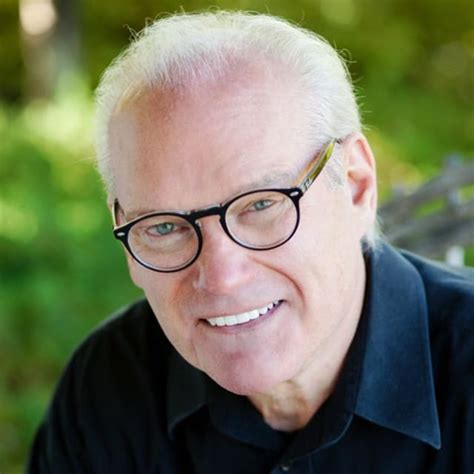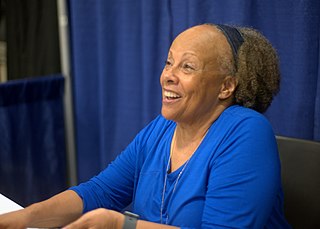A Quote by Jerry B. Jenkins
Fiction has a unique role in conveying Truth. In fact, only fiction that is Truth with a capital T is worthwhile.
Related Quotes
Truth is always stranger than fiction. We craft fiction to match our sense of how things ought to be, but truth cannot be crafted. Truth is, and truth has a way of astonishing us to our knees. Reminding us, that the universe does not exist to fulfill our expectations. Because we are imperfect beings who are self-blinded to the truth of the world’s stunning complexity, we shave reality to paper thin theories and ideologies that we can easily grasp – and we call them truths. But the truth of a sea in all it’s immensity cannot be embodied in one tidewashed pebble.
Truth is not only stranger than fiction, it is more telling. To know that a thing actually happened gives it a poignancy, touches a chord, which a piece of acknowledged fiction misses. It is to touch this chord that some authors have done everything they could to give you the impression that they are telling the plain truth.
You should never read just for "enjoyment." Read to make yourself smarter! Less judgmental. More apt to understand your friends' insane behavior, or better yet, your own. Pick "hard books." Ones you have to concentrate on while reading. And for god's sake, don't let me ever hear you say, "I can't read fiction. I only have time for the truth." Fiction is the truth, fool! Ever hear of "literature"? That means fiction, too, stupid.
There is really no fiction or non-fiction; there is only narrative. One mode of perception has no greater claim on the truth than the other; that the distance has perhaps to do with distance - narrative distance - from the characters; it has to do with the kind of voice that is talking, but it certainly hasn't to do with the common distribution between fact and imagination.



































